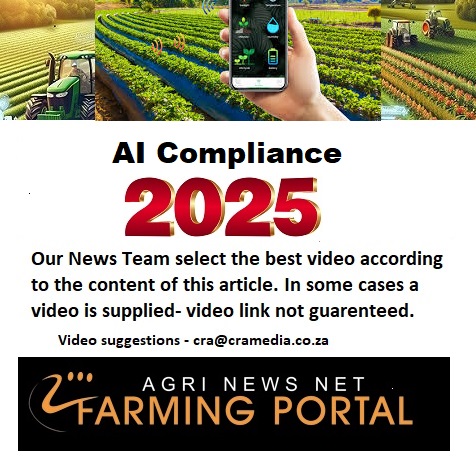I didn’t want to just use the acronym because as I show my age, there was a time when AI was an acronym that was much more prominent in the livestock industry. (I’ll let the younger generation look that one up, if you don’t already know it.) And, as my opening statement claims, it’s a very hot topic. As well it should be. It’s new. It’s viewed with great anticipation and great trepidation all at the same time.
We are all trying to learn how it works. How it can be used in agriculture. How it might affect jobs. How to use it without giving away company information and intellectual property.
So many questions. And the answers are changing almost daily.
Let’s go back in history to another tool that was coming into existence … the internet. If I remember correctly, when the internet was entering the computer era, very similar conversations were being had. One segment of people touted “We were entering the ‘information era’ and we were going to have the world at our fingertips!” Another segment touted that “it was going to be the end of civilization as we know it!” Sound familiar?
 Artificial intelligence and agriculture: if data is the new oil, AI can make jet
Artificial intelligence and agriculture: if data is the new oil, AI can make jet
What Ag Robotics Brands Must Learn to Win Over U.S. Growers
Thirty-plus years later, which is it? Great tool with the world at our fingertips or the end of civilization? Some would argue that both are correct. We do have the world at our fingertips. Instead of having to go to the library or owning a full set of encyclopedias, we get information in seconds rather than hours or possibly days. But there are also things on the internet that we would probably be better off without.
So, the question goes back to AI. Are there tools using AI that can be a great benefit? Absolutely! AI can streamline workloads and help when we don’t know where to start a project. A lot of people use AI for more professional writing and writing in difficult situations. I can even use AI around my yard to see why my yard doesn’t look like the one on the fertilizer bag. There are a lot of great uses for AI. There’s no question.
South Africa's agricultural sector comprises approximately 40,000–50,000 commercial farmers and over 2 million smallholder/emerging farmers (per Department of Agriculture, Land Reform and Rural Development estimates), but AI adoption is still nascent and uneven, primarily concentrated among larger commercial operations due to barriers like high costs, limited rural internet access, and digital literacy gaps.
Studies indicate that less than 10% of African farmers (including South Africa) use AI tools, with South Africa slightly ahead at around 5–15% among commercial farmers (Brookings Institution, 2024; World Bank, 2025). This equates to roughly 2,000–7,500 commercial farmers leveraging AI for applications like precision farming, crop monitoring via drones/satellites, pest detection, and yield prediction. Smallholders, who dominate the sector, show near-zero adoption due to accessibility issues. Uses AI-driven drones for crop health analytics, serving over 1,000 farms nationwide (company reports, 2025).
While numbers are approximate, AI's transformative potential—boosting yields by 20%+ in pilots—signals a shift toward smarter, sustainable farming in South Africa.















